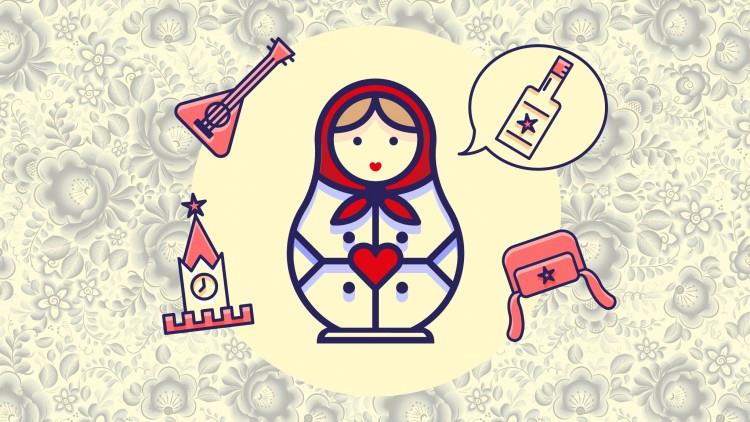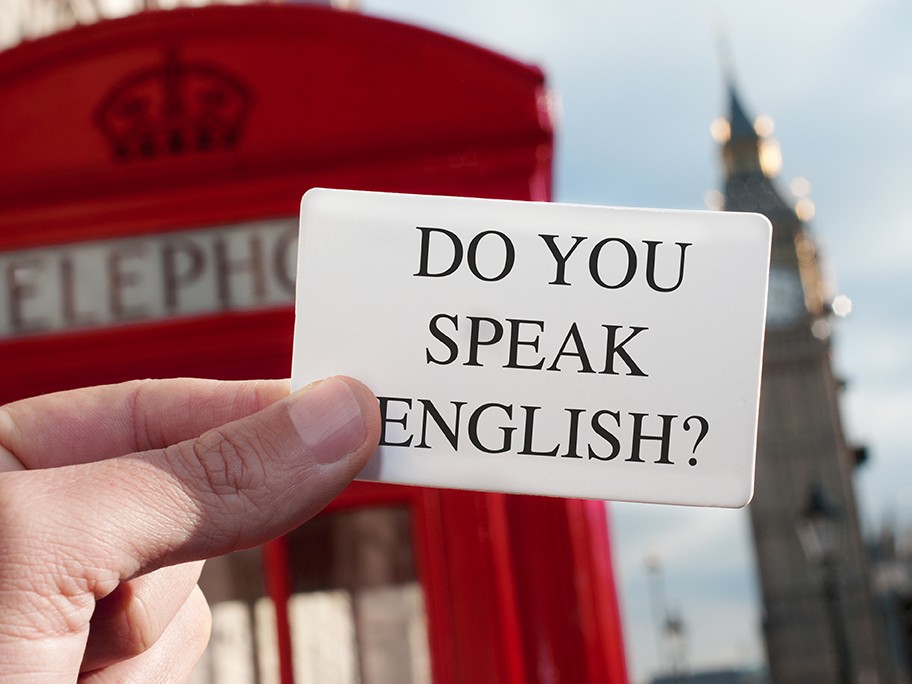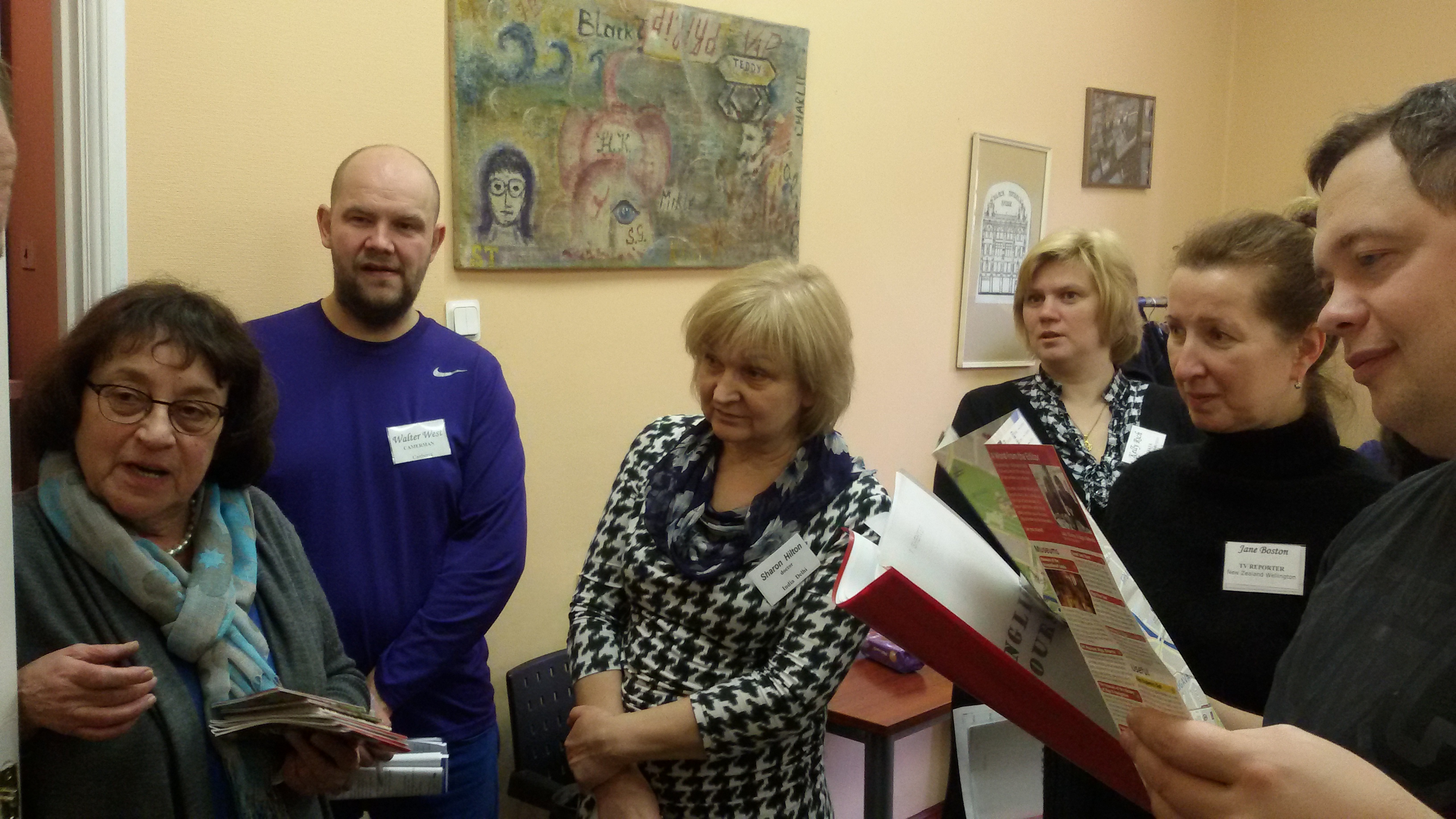Today we are hostIf you are still not sure whether or not to learn Russian, we hope that after reading this article you will rush to a bookshop to buy a Russian study book. Let’s get started!
It’s good for you, and for your health
Learning any language is good for you. It’s good for your mood, for your self-esteem, and it’s also great for your brain. Your brain is very precious; it must always be kept active. You might have the impression that it’s already too active with all this work you have, plus your three children… But only learning something new, like another language, really develops your mental capacity. For me, learning a language is like a sport. It’s hard in the beginning, sometimes it even hurts, but it feels so good afterwards.
You get to know a different culture
Try something different! A different alphabet, different pronunciation, and a different culture. Try to step out of your comfort zone and you will discover a whole new world. Actually, the Russian alphabet is not as difficult as it may seem. You can literally (excuse the pun) learn it in one evening. Many letters in the Cyrillic alphabet are similar to letters in the Latin alphabet. Each letter corresponds to one sound. Much easier than in English or French, let alone Chinese or Japanese!
It’s spoken in many countries
Russian is on the top 10 most spoken languages around the world and knowing it can be useful in so many places. It will help you get in touch with people from Ukraine, Belarus and Kazakhstan. In Azerbaijan, Russian is mostly spoken by the upper class and in Baltic countries by the older generation. It is also very popular in Georgia, Armenia, Moldova and even Israel! By the way, even though young people from these countries now speak English, older people still mostly speak Russian. One more reason to start learning!
One language, one accent
Russian pronunciation very easy and pretty much the same all over Russia.Let’s compare it with English which has more than 20 accents and many more local dialects. Imagine yourself learning English: you will probably learn the “Received Pronunciation” or “The Standard English”. When learning English, I decided to improve my English pronunciation, and I started taking private lessons to obtain “an ideal British accent” with a teacher. I wish you could see how my British friends mocked me when they heard me
use he it, because the ideal English accent simply doesn’t exist! But when learning Russian, you will learn an accent which is shared across the entire Russian Federation.
Don’t worry about tenses

There are more than 10 tenses in English (I do, I’m doing, I did, I was doing, I’ve done etc…), French has even more of them (including the ridiculous Passé Simple and similar tenses that are used in literature and nowhere else). The Russian language only has five tenses: one present tense, two past tenses and two future tenses. The past tenses are very easy to learn, one of the future tenses is too. So you will only have two tenses to learn by heart. Very easy!
Russian cases are easy
Don’t be scared of Russian cases (when words change their
endings depending on their role in the sentence). Firstly, they are quite logical and there aren’t many exceptions. Secondly, if you have studied Latin or German, these languages will certainly help you. There are six cases in Russian (which is nothing compared to Hungarian), but many cases have the same endings, which makes things easier.
Get to know the Geniuses
Russian is the language of geniuses like Tolstoy. Once you start learning this beautiful language you will be faced with the unique opportunity of getting closer to writers like Boris Akunin, Svetlana Alexievitch and many others. Of course, it will take some time before you can read these authors in Russian, but in the meantime, you can start with small excerpts and bilingual books. Not all Russian authors are gloomy and depressing; there are also many funny and positive novels.
Understand different perspectives
Understanding Russian will allow you to understand the Russian-speaking media. Personally, I always try to read articles in French, English and Russian, because the perspective and the way news is presented isn’t always the same. It’s interesting to compare perspectives and different points of view. It is also fascinating to discover what people in other countries think and say about your country, helping you rediscover yourself in the process!
I hope that these points have persuaded you how interesting and useful Russian studies really are. Don’t forget that learning a foreign language is possible no matter how old you are or what income you have. Learning a language is good for your health!
Russian Language Podcast
www.lingholic.com











